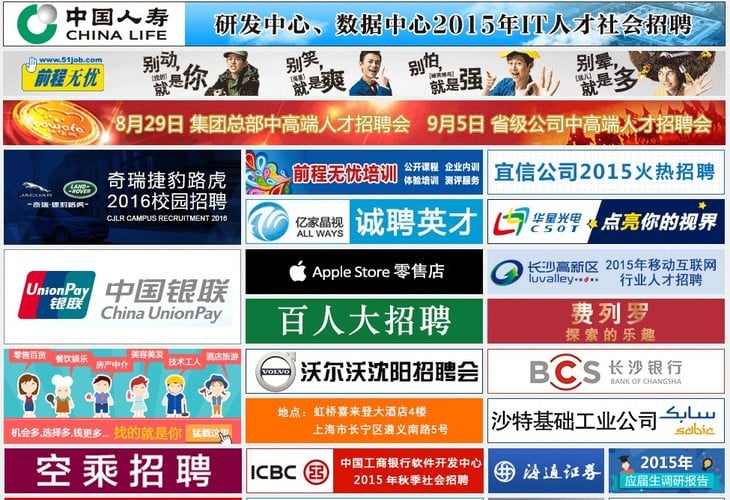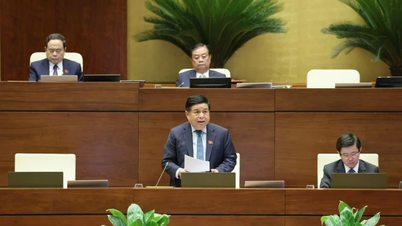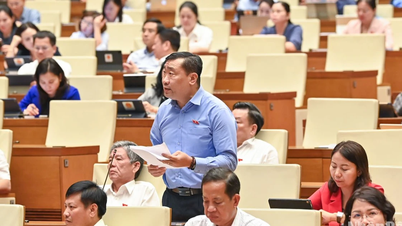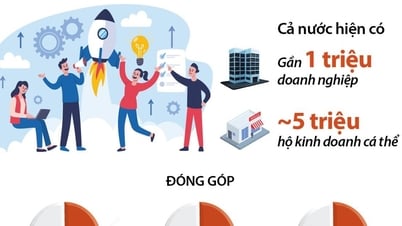Internationally, online advertising regulation is a complex and potentially challenging issue in a digital environment. Depending on specific conditions, each country applies its own strategies and regulations to control online advertising content and protect consumers.
Here are some typical experiences in online advertising management from countries with developed e-commerce.
France
France is one of the pioneering countries in bringing influencers under legal management. In 2023, the French Parliament passed a law regulating the activities of influencers in cyberspace with specific regulations: Influencers must clearly disclose when the content they post is advertising; prohibit the use of edited images in advertisements related to the body and beauty without clear notes; prohibit advertising certain sensitive products such as diet pills, cosmetic surgery, products that have not been medically tested, cryptocurrencies, sports betting, etc.; and are not allowed to advertise to minors for products that pose health or financial risks. This law also extends the scope of regulation to foreign influencers who influence the French public, reflecting a proactive and inclusive approach.
France is a pioneer in bringing influencers under legal management in the field of online advertising. Photo: Gaasly.com. |
Not only stopping at the content poster, France also requires social media platforms and advertising businesses to take joint responsibility when violating content is spread. Accordingly, platforms are obliged to remove violating content within a short time if they receive a warning from the authorities; businesses that hire influencers or pay for advertising must ensure that the content is legal, does not cause misunderstandings or negatively affect the community. Violations can lead to severe penalties, including both administrative and criminal penalties, with fines of up to 300,000 euros and imprisonment of up to 6 months for individuals who commit serious violations.
In order to protect consumers from the negative effects of harmful advertising, a number of solutions have been effectively implemented by the Government, including: Strengthening propaganda and media education for young people, helping them identify forms of advertising hidden in the form of reviews and "personal experiences"; creating an information portal for people to report false or harmful advertising, helping authorities respond promptly; encouraging the development of a network to independently verify advertising content on cyberspace.
America
As the country with the world's largest online advertising market , the US has quickly established a strict monitoring and regulatory system to control advertising activities in cyberspace.
To control advertising fraud, consumer deception, the spread of misinformation, and privacy violations, the US Government has built a multi-layered legal system and regulatory mechanism, headed by the US Federal Trade Commission (FTC) - a federal agency tasked with protecting consumer rights and combating unfair competition.
According to FTC regulations, all advertising content – including on social media – must be truthful and not misleading. Information about the use and effectiveness of products must be scientifically proven if they are aimed at health, finance, education, or the public interest. In particular, influencers and celebrities must clearly disclose their financial relationships or personal interests with brands when posting advertising content, by using phrases such as "Sponsored", "Ad", "Paid partnership", or openly stating in video content. Advertising practices that are hidden, use misleading techniques, or lack transparency can all be investigated and severely punished by the FTC.
The US has very strict regulations on online advertising aimed at children. Photo: MakeUseOf. |
The FTC and many states in the US have very strict regulations on online advertising aimed at children, especially children under 13. The Children's Online Privacy Protection Act (COPPA) requires platforms and advertisers to: Not collect personal data from children under 13 without parental consent; not use that data to suggest personalized content or ads; not publish ads aimed at this group if the product has not been fully tested (for example: functional foods, cosmetics, games with gambling elements, etc.).
Some states, like California, have expanded their child protection policies with the California Age-Appropriate Design Rule, which requires platforms to design products that are age-appropriate and restricts manipulative advertising.
A highlight of the US advertising management system is the assignment of specific responsibilities to both advertising businesses and media platforms. Accordingly, platforms such as Meta, Google, TikTok, etc. must provide a transparent data warehouse (Ad Library), where users and managers can track ad buyers, content that has been run, target audiences, and spending amounts. Advertisers are obliged to ensure that the content is legal, does not use false information, and does not target prohibited groups. Violations can lead to large fines, civil prosecution, and even class action lawsuits if the consequences are serious.
Along with regulatory oversight, the US also invests heavily in media education and digital literacy for citizens – especially students – to help them identify hidden advertising, distinguish between real and fake information, and avoid cognitive manipulation. The FTC, the Department of Education, and many non-governmental organizations have implemented programs such as “Ad Literacy,” “Media Smart Kids,” and “Think Before You Click” nationwide, combining curriculum, media campaigns, and online learning platforms.
China
With a population of more than 1.4 billion and a nearly closed domestic digital ecosystem, China has implemented an online advertising control system that is considered comprehensive, strict, and highly organized.
The 2015 amended and periodically updated Advertising Law has provided specific regulations on the responsibilities of advertisers, advertising publishers and service providing platforms. In addition, the Cybersecurity Law (2017), the Personal Data Protection Law (2021), and a series of specialized documents such as guidelines on livestream advertising, influencer management regulations and digital content standards have created a legal corridor covering the entire advertising chain - from creation, transmission, to reception.
A highlight of China's online advertising management is the thorough application of the "triangle of responsibility" principle. Photo: Sampi.co. |
China strictly applies the principle of "triangle of responsibility", which means that advertisers, platform providers, and product manufacturers are all legally responsible for any violations. This helps limit the situation of circular blame between parties. In addition, technology platforms are required to apply proactive content censorship mechanisms, establish specialized content review teams, and use artificial intelligence to detect misleading, disguised, or potentially risky advertising behaviors.
In particular, China has taken strong steps to regulate the activities of influencers. These people must register their real identities, declare their income information, and commit to not spreading illegal content. Advertising activities via livestream, which have created a series of scandals related to counterfeit goods, fake goods, and products of unknown origin, have been controlled by requiring the storage of all livestream videos for a long time and applying a strict post-audit mechanism.
China is also stepping up its scrutiny of algorithmic advertising systems. Under the Algorithm Management Law, which is expected to take effect in 2022, the government will require platforms to disclose how their advertising algorithms work, and will limit the collection and analysis of user data for over-targeting, especially against minors. Users will have the right to opt out of ad personalization, and businesses will be required to provide an easily accessible “do not track” option.
Violators are not only subject to administrative sanctions or criminal prosecution, but are also widely reported in the media to create a deterrent effect on the community. This helps raise social awareness and strengthens the role of public opinion in monitoring cyberspace.
Source: https://khoahocdoisong.vn/kinh-nghiem-quan-ly-quang-cao-truc-tuyen-cua-cac-nuoc-post268456.html







![[Photo] Ho Chi Minh City: Many people release flower lanterns to celebrate Buddha's Birthday](https://vphoto.vietnam.vn/thumb/1200x675/vietnam/resource/IMAGE/2025/5/10/5d57dc648c0f46ffa3b22a3e6e3eac3e)
![[Photo] General Secretary To Lam meets with Chairman of the Federation Council, Parliament of the Russian Federation](https://vphoto.vietnam.vn/thumb/1200x675/vietnam/resource/IMAGE/2025/5/10/2c37f1980bdc48c4a04ca24b5f544b33)
![[Video] 24-hour news on May 9, 2025: General Secretary To Lam officially visits the Russian Federation and attends the 80th anniversary of Victory Day in the Great Patriotic War](https://vphoto.vietnam.vn/thumb/1200x675/vietnam/resource/IMAGE/2025/5/10/5eaa6504a96747708f2cb7b1a7471fb9)

















![[Photo] Russian military power on display at parade celebrating 80 years of victory over fascism](https://vphoto.vietnam.vn/thumb/1200x675/vietnam/resource/IMAGE/2025/5/9/ce054c3a71b74b1da3be310973aebcfd)


































































Comment (0)